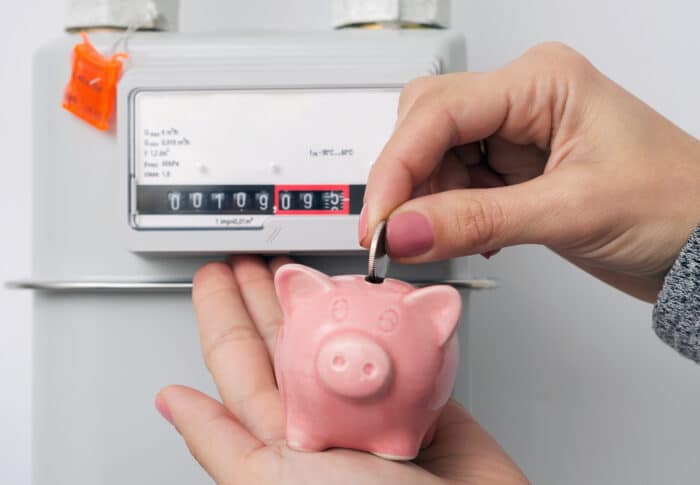The revised energy price cap for Q3 2024 will take typical annual bills to £1,568 from Monday 1 July, down from the £1,690 level in Q2.
The energy price cap applies to the circa 28 million customers on standard variable tariffs (default tariffs) who pay for electricity and gas by either:
- Standard credit (you pay when you get your bill)
- Direct debit
- Prepayment meter, or
- Economy 7 (E7) meter
It’s important to note that the energy price cap sets a maximum price that energy suppliers can charge for each kilowatt-hour of energy and a daily limit on the standing charge applied, which covers the cost of supplying energy to your home (more on this below).
However, it doesn’t cap your bills, so you could pay more (or less) depending on the amount of energy you use, where you live and the type of meter you have.

Wellness and wellbeing holidays: Travel insurance is essential for your peace of mind
Out of the pandemic lockdowns, there’s a greater emphasis on wellbeing and wellness, with
Sponsored by Post Office
Energy regulator Ofgem confirmed the average household paying by prepayment meter for dual fuel will pay £1,522 over the year.
Meanwhile, the average household paying for dual fuel by standard credit will pay £1,668 over the course of a year.
From 1 July, if you’re on a default tariff and pay for your energy by direct debit, you will pay 22.36p per kilowatt-hour for electricity on average. The daily standing charge is 60.12p. For gas, you will pay an average of 5.48p per kilowatt-hour, with a daily standard charge of 31.41p.
Ofgem previously confirmed the standing charge of £334 for a dual fuel customer (£369 for those who pay by standard credit) is unchanged from the last quarter.
This means that even before you’ve used a unit of electricity or gas, you’ll have to pay £6.42 per week (£334 per year) just to be connected.
And, despite the lower price cap, energy bills are still around £400 more expensive compared to three years ago.
Winter bills and worrying energy debt levels
According to the latest energy price cap forecast from analyst Cornwall Insight, average bills are set to come in at £1,723 per year for a typical dual fuel customer.
This is based on the typical consumption levels of 2,700kWh of electricity and 11,500kWh of gas.
While this is a downward revision from its previous forecast of £1,761, it said the increase in the wholesale market was the main reason for October’s predicted rise from the lower figure now in effect.
It added that geopolitical concerns and supply-demand pressure were also having an impact on the cap.
Ben Gallizzi, Uswitch energy expert, warned that the energy bills of millions of households were set to rise “significantly” this winter.
He said: “Households should therefore avoid being lulled into a false sense of security from seeing their energy bills fall this summer, as the reprieve will be relatively short-lived.
“It’s important to prepare now for future price rises and consider locking in rates while there are competitive deals to choose from.”
Meanwhile, National Debtline revealed 6.1 million people are struggling to pay their energy bills, as latest figures from Ofgem showed energy debt levels have broken records again, now standing at £3.1bn. This is up from £2.9bn recorded in December 2023.
Steve Vaid, chief executive of the Money Advice Trust – the charity that runs National Debtline – said: “The fall in the price cap will alleviate some of the pressure many households are under, but our findings show that many more will continue to struggle as energy bills remain high.
“As millions of people worry about keeping up with their energy payments, arrears levels have continued to increase and many have been left with unaffordable debts as a result.
“What we need to see from the next Government is urgent action through a Help to Repay scheme to help people trapped in energy debt access a safe route out.”




